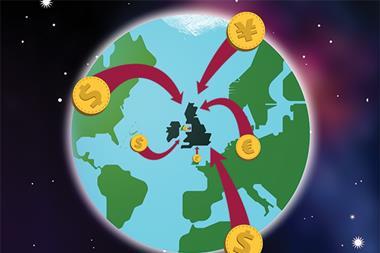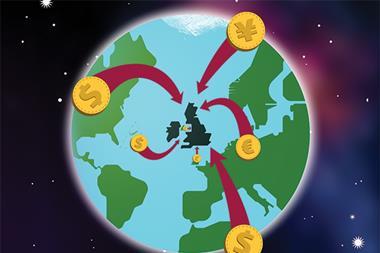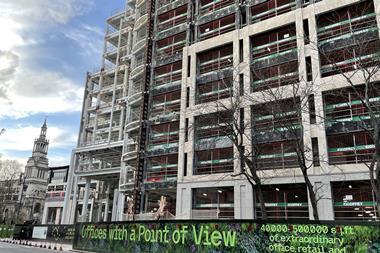When David Cameron announced his crackdown on “dirty money” in the UK property industry back in July, I cast doubt on some of the top-line figures being bandied about.

Following a Property Week investigation into the true scale of the problem, I may have to do a Paddy Ashdown and eat my hat.
Our findings reveal that the problem could be far worse than suggested. While it is almost impossible to establish just how much filthy foreign lucre is actually swilling around (as opposed to the clean stuff - which was, unfortunately, tarred with the same brush by Cameron), we can assess how much offshore money is coming in.
We certainly aren’t the first to have realised that. Private Eye has looked into the issue extensively and just this week, the Evening Standard published the findings of its own investigation into the amount of offshore money coming into London over the past six years.
However, previous investigations have analysed just part of the Land Registry database, and over a limited period of time. Property Week’s data journalist, Daniele Palumbo, has crunched the whole darn lot - in what we believe is the first analysis of the full database.
We wanted to establish how much money is coming in, where it is coming into and where it is coming from - and as our seven-page investigation and interactive data online reveals, the numbers are truly eye-watering.
A whopping £263bn has been invested in commercial and residential property in England and Wales by companies registered offshore since 2000. Last year alone (2014), some £32bn flooded in, 16 times the amount that was invested in 2000.
We cannot infer from this that all of this is dirty money, of course. But we can surely conclude that if the amount of offshore investment has gone up so sharply, so too, quite probably, has the amount of dirty money.
Where the money is coming into is fascinating: London and the South East, of course, but Greater Manchester too is a massively popular destination for offshore companies looking for a UK safe haven for their dosh. But more interesting, arguably, is where that dosh is coming from, and the disparities in the regimes in the different jurisdictions. While Jersey, the biggest offshore source of investment into UK property, is considered pretty benign, the British Virgin Islands, which are the second-biggest source, are cause for concern for many experts, who point to its less than transparent regime and the near-complete confidentiality given to companies registered in the territory.
So what to do? Well, it would be helpful to have a better handle on the scale of a problem, but the National Crime Agency reckons that is impossible - and given that criminals don’t tend to publicise their illicit activities, it’s probably right. What we can do, however, is be more diligent in our own due diligence when it comes to dealing with offshore companies. Only then can we start to cleanse the UK property industry of dirty money.





























No comments yet